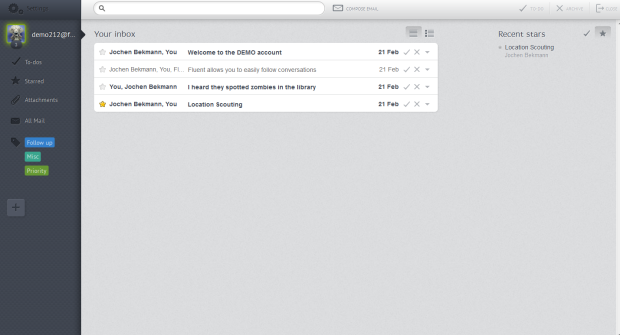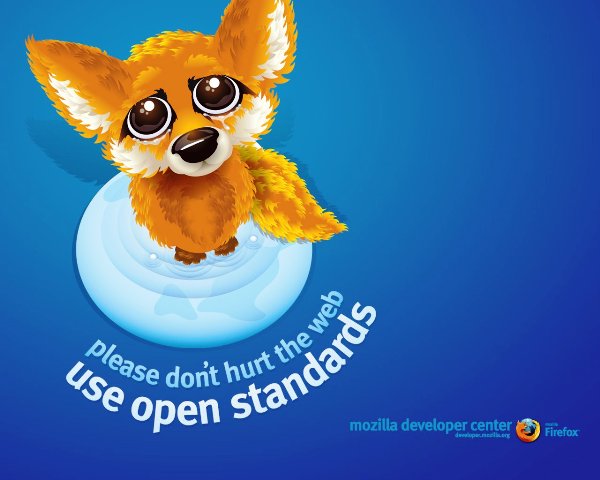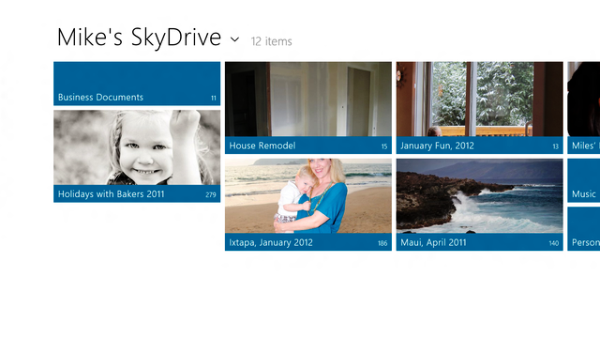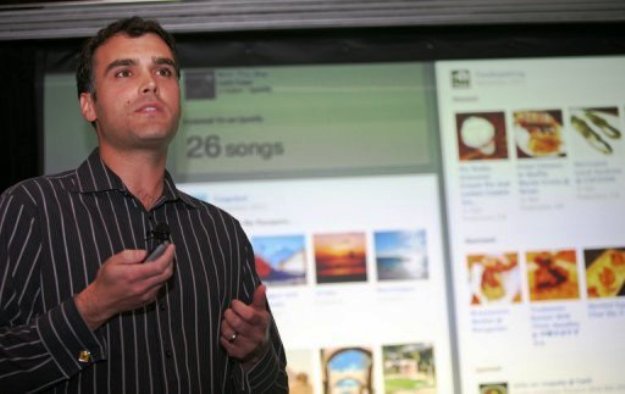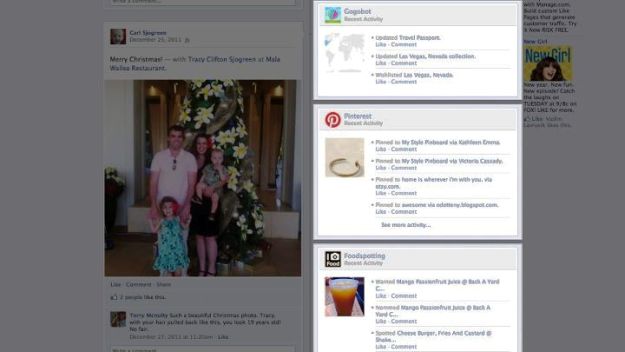
A Silent War

Nothing is more important than absolute freedom. You cannot simply fool more than a billion people in the world and forbid them from accessing the free web space. With growing online presence and the impact of the online-hosted content on masses, Government sources, particularly the U.S., have incessantly become increasingly conscious about monitoring what type of content should be made accessible to the public. As of this writing, the U.S. has already initiated a long-term war against free trade by seizing domains.
The government may be playing it smart, but the people have grown wiser. You will probably agree that the Internet is free and that it cannot be tamed by any remote force, much more an entity such as the government. As these megalomaniacs are taking their delight on banning and blocking sites based on their canonical yet preposterous policies, our fellow cronies are determined to preserve, if not to instate, a transparent and open web, much like what it was years ago.
A Hidden Arsenal - OpenNIC

Unfortunately, the government has already blocked different sites based on domain names and by thereby corrupting the local DNS servers. To counter this, an innovative solution has been taken into consideration. It’s called the OpenNIC. Unlike OpenDNS that relies on redirection, filtering and search engine surveillance, OpenNIC features the top new domains which are not governed by ICANN or the Internet Corporation for Assigned Names & Numbers. With that being said, it’s safe to say that domains using OpenNIC cannot be interfered and stopped.
OpenNIC is all about freedom and sharing. OpenNIC is a 12-year old service used by a few number of elite people in the underground community. We’re talking about TiAMO (Pirate Bay dude) and NovaKing (EZTV dude). Essentially, it conducts democratic voting on new TLDs, Top Level Domains, as they are called, and it resolves all ICAAN approved TLDs. What that basically means is that with OpenNIC, you can visit your favorite sites even if a domain name has been blocked in your country. Now that sounds pretty cool does it?
The OpenNIC Advantage
